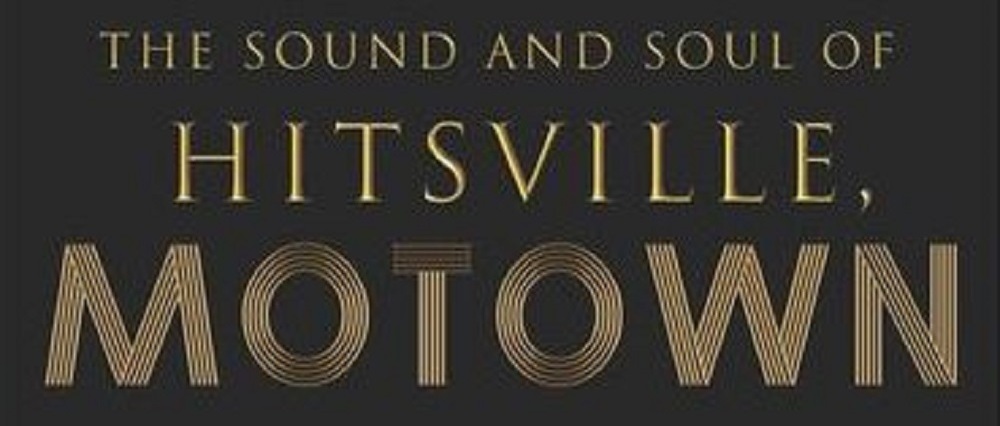The doors of NWTAC‘s theatre on Lightbowne Road, Moston, reopened to the public last week to a full on music and dance show – ‘The Sound and Soul of Hitsville, Motown.’
Tickets were limited for safe distancing so you had to be quick off the mark to secure a booking. Those lucky enough to get a seat were treated to a wonderful, warm welcome and a superb performance full of music, cheer, dance and sheer Motown magic.
The full company kicked off the show with ‘Get Ready’; a song written by Smokey Robinson that became a hit for the Temptations in the 1960’s. It was neatly followed by a variety of solo performances, duets and group numbers.
Who doesn’t love a bit of Motown? Timeless hits such as Walk on By, Under the Boardwalk and Heatwave followed one after the other. Pheobe Sutherland had Tracks of My Tears nailed while Anthony Horricks and ‘the boys’ rendition of My Girl was perfect. We had our socks blown off as Act One concluded with the full company gathering to deliver an impressive rendition of Edwin Starr’s ‘War’.
There was a short interval, a chance to replenish our drinks and indulge an ice-cream then we were soon into Act Two. Owen Maudsley sang a great Mustang Sally, Jade Hamer and the girls gave us I Say a Little Prayer, James Burke and Eva Carty sang Endless Love beautifully and Poppy Evans treated us to I Want You Back. There were many more hits and individual performances but before long the full company gathered on stage for the finale with Lean on Me, followed by Dancing in the Street and We Are Family.
A light, witty narrative threaded through the vocals telling the ‘story’ of Motown, including it’s early beginnings in 1950’s Detroit, the international appeal and events that inspired some of the music. I’d no idea that ‘War’ was originally a protest song by Edwin Starr about the Vietnam conflict sending a message that is, sadly, still relevant today.
As ever, the production team put together a seamless show, directed by Prab Singh with Bethany Singh as the Musical Director, Katie Gough the choreographer, Tempany Windsor took on lighting and Weronika Czerwinska managed the sound.
While we’ve all been busy with the challenges presented by the covid crisis, I am truly grateful that NWTAC have been quietly getting on with the business of preparing a show that was ‘ready to go’ as soon as restrictions were relaxed.
If you missed out this time there are plenty more productions in the pipe-line and you won’t have long to wait. Tickets are now on sale for Puss in Boots running during half-term starting on Friday 28th May and the Broadway musical ‘Hairspray’ is scheduled for the 20th to 24th July. Also, keep an eye out for ‘Lights Up – an evening of musical entertainment’ running from the 15th to 19th June.
Book early is all I can say.
To keep up to date with everything NWTAC, including how to book, follow them on Facebook or check out their website here. The box office number is: 0161 207 1617.
